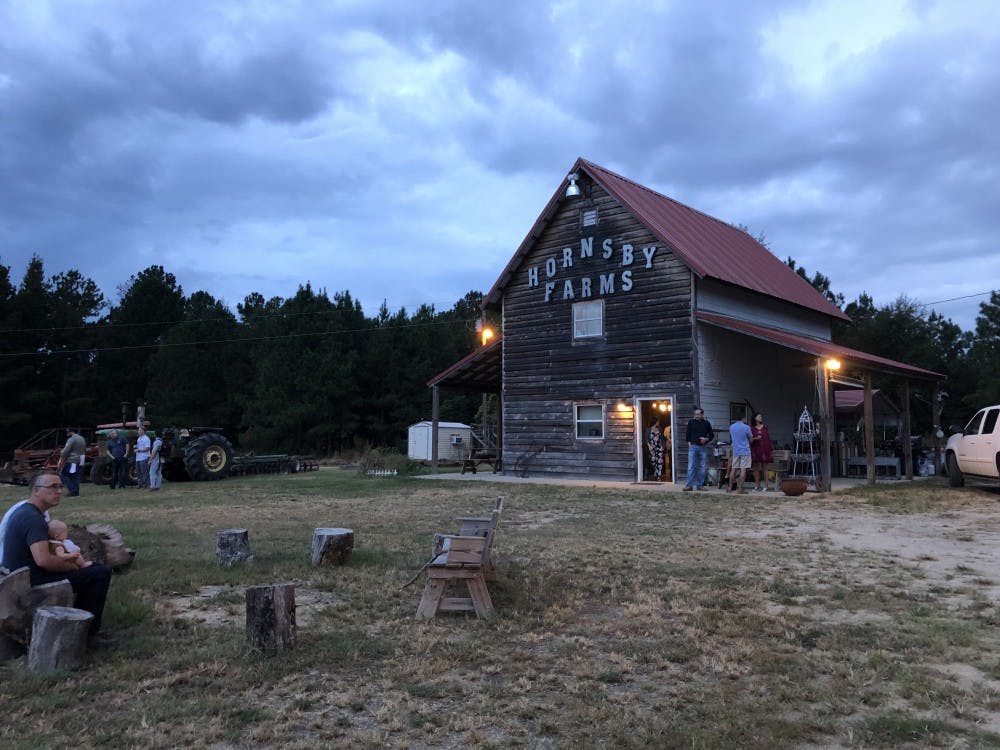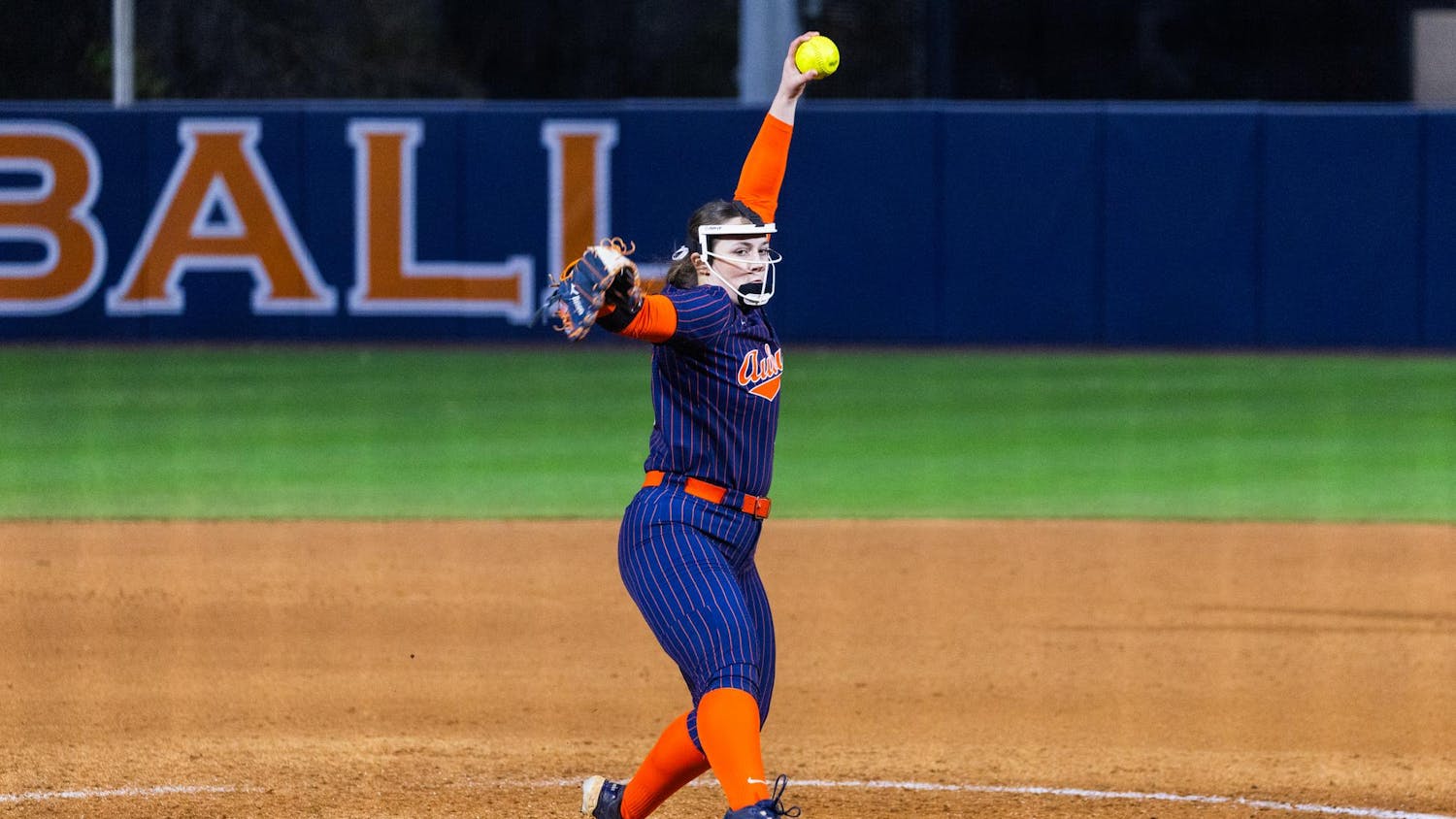Not only are many boutiques, coffee shops and restaurants seeing a decline in business due to the coronavirus pandemic, local farmers have taken a blow as well.
Farmers' responses to the pandemic have varied, and some have turned to different means to sell their products.
Randle Farms has been raising livestock and growing fruits and vegetables suitable to the southern climate for close to 45 years. Much of the produce is sold to local consumers, but some of the goods are sold to larger regional and national markets.
Anne Randle, co-owner of Randle Farms, said the response Alabama's state government has taken has affected those fronts differently. Locally, consumer still want to buy fruits and vegetables.
“We're getting a lot of calls about availability. Folks want to get fresh produce without going into crowded stores,” Randle said. “We have been directing customers to other farms who will be starting up their [community supported agriculture] share seasons soon."
A CSA share is a subscription to a farm's various different seasonal fruits, vegetables and other products. Although Randle Farms no longer offers a CSA, signing up for a vegetable share is a good way for local customers to make sure they have a fresh grocery delivery every week, Randle said.
While Randle Farms has continued making sales locally, they've experienced trouble selling to the national market. Randle Farms is one of the few farms in the Auburn area that raises sheep, and many typical buyers are hesitant to buy sheep right now due to concerns about COVID-19, Randle said.
“Sheep producers are looking at missing the entire Easter market this year, which means half or more of their sales are just gone for an entire year,” Randle said.
Some cattle farmers and raisers hold similar concerns and feel like they may have to adjust the way they do business. John Elbert at the Harrell-Lazenby Cattle Company in Auburn said his company hopes the government's restrictions on business operation and public gatherings don't interfere with how they raise their cattle.
“Our biggest concern is how this is ultimately going to affect cattle markets and our ability to market cattle,” Elbert said. “We’re already seeing some innovations within the industry—mainly in technology and the internet—to market cattle.”
Elbert explained that one of the innovations the industry has made is holding cattle sales online. Mobile hot spots have been set up in rural areas to help farmers gain internet access and tune in to important cattle sales. These hot spots allow farmers to bid on cattle without potentially exposing themselves to the virus.
The pandemic does have the potential to affect the cattle market, Elbert said, but daily life on the farm remains mostly the same for him and his cattle.
“Life on a farm and ranch, there’s a good bit of social distancing that takes place naturally,” Elbert said. “Obviously, we are following the guidelines put in place that are in our best interest to raise our cattle.”
The emergence of COVID-19 worries some farmers as they see a reduction in sales to restaurants. If their doors are open at all, small, locally-owned restaurants and markets can’t buy as many products from these growers. Recent mandates from Gov. Kay Ivey have prohibited on-premise consumption at all restaurants in the state.
Beth Hornsby at Hornsby Farms said her business has taken a hit from the pandemic since much of her produce was sold and used in local restaurants.
Despite the lack of demand from restaurants, Hornsby has found other ways to make sales. She sells baskets of vegetables, which have been very popular among consumers recently.
“Our basket sales have doubled since the start of all this," Hornsby said.
The farm has some specific crops, like collard greens, in excess, and they've been including them consistently in their baskets, Hornsby said.
"I wonder if those who are buying them are growing tired of collards,” Hornsby said.
Do you like this story? The Plainsman doesn't accept money from tuition or student fees, and we don't charge a subscription fee. But you can donate to support The Plainsman.





